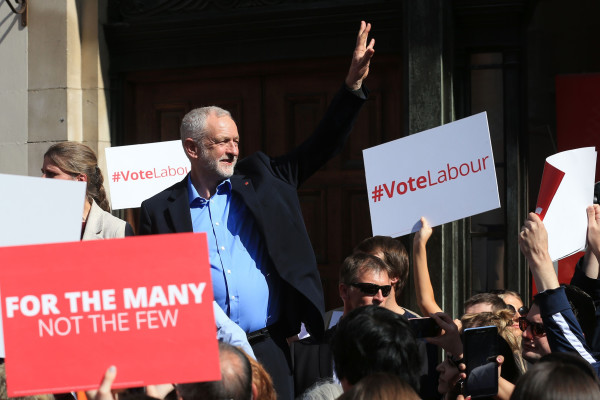It’s important to note, too, that Mr Mitterrand’s policies became more centrist as idealism buckled under the heavy weight of economic reality. At first, he focused on nationalising ailing, unprofitable businesses to protect jobs; it’s no surprise that they continued to haemorrhage money even under government control.
It hit breaking point in 1983. With money getting tighter the French government unveiled austerity measures: slashing state spending, raising taxes on workers and consumption, and reducing business charges.
The former communists were silenced and a new centrist economic consensus prevailed within Mr Mitterrand’s government, driven by his minister of finance.
This case study raises some interesting questions about how a Corbyn-led government of the UK would fare. Markets could run riot initially, but higher rates and a weaker exchange rate should limit capital flight. And if, even after a period of folly, a Corbyn government jettisons its most left-wing reforms and courts private enterprises just a little, markets could recover very quickly.

The impact of nationalisation on total economic productivity is also a matter of considerable concern, especially if it deters future direct investment from overseas.
Of course this requires Mr Corbyn to allow centrist colleagues to join in the debate. He currently refuses to permit anything of the sort; his army of activists have demonised the terms “centrist” and “Blairite” while threatening MPs and councillors found wanting of hard-left credentials with deselection.
Let’s hope Mr Corbyn doesn’t recall Mr Mitterrand’s supposed last words to his aides: “In economics, there are two solutions. Either you are a Leninist, or you won’t change anything.”
Labour’s manifesto: Bolshevik or bluster?
For all the furore over the spectre of a Corbyn government, the 2017 manifesto is not as radical as it is sometimes portrayed – and nowhere near as leftist as Mr Mitterrand’s 110 Propositions from 1981.
Council tax will be redesigned to reflect current land values so that poorer homeowners do not pay disproportionately more tax on their homes, but this is small fry and there are no sizeable taxes on wealth, property or inheritance.
There are populist nods to workers, such as extra bank holidays and a freeze on the state retirement age, but no revolution on workers’ rights.
The higher minimum wage is quite radical, but the Conservatives have committed to a very large increase too.
Of course, there’s the nationalisation of the water companies, the National Grid and Royal Mail, which would likely prove costly, but they aren’t a major affront to free market economics because they are monopoly industries (you can’t choose from whom you buy your water or who delivers your post – parcels excepted, of course).











